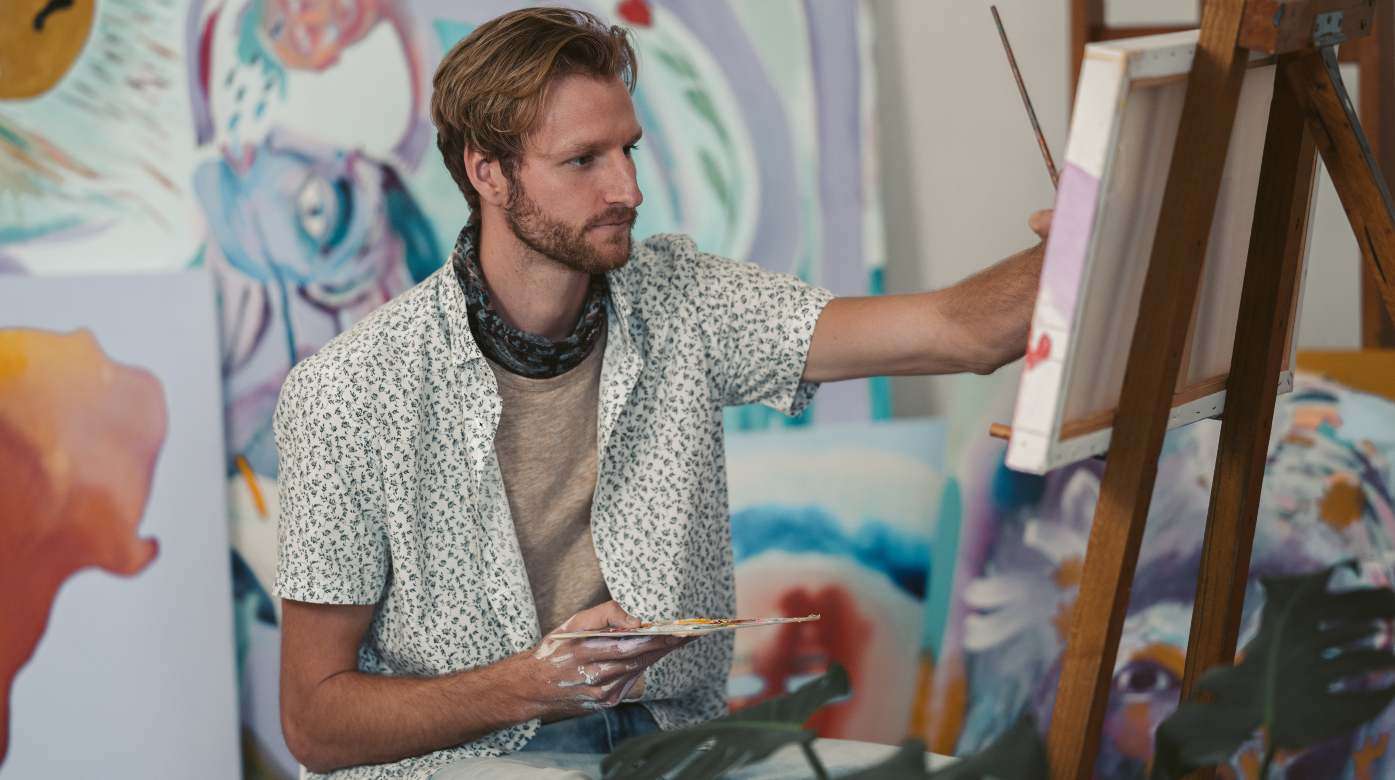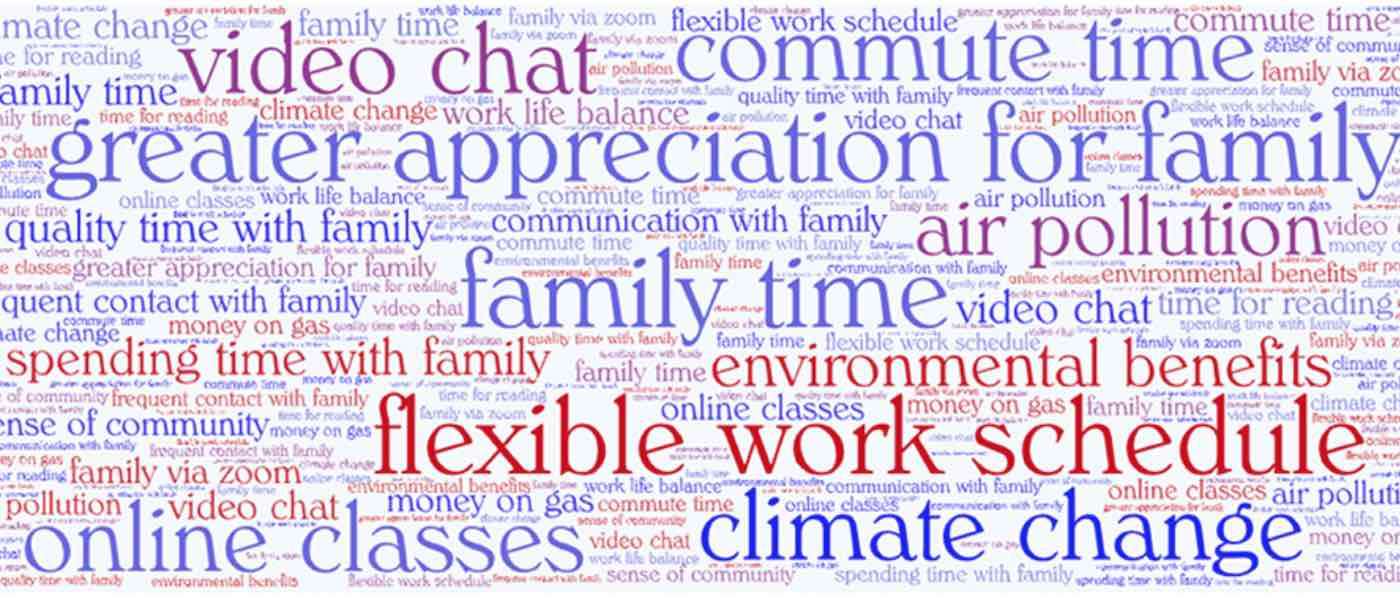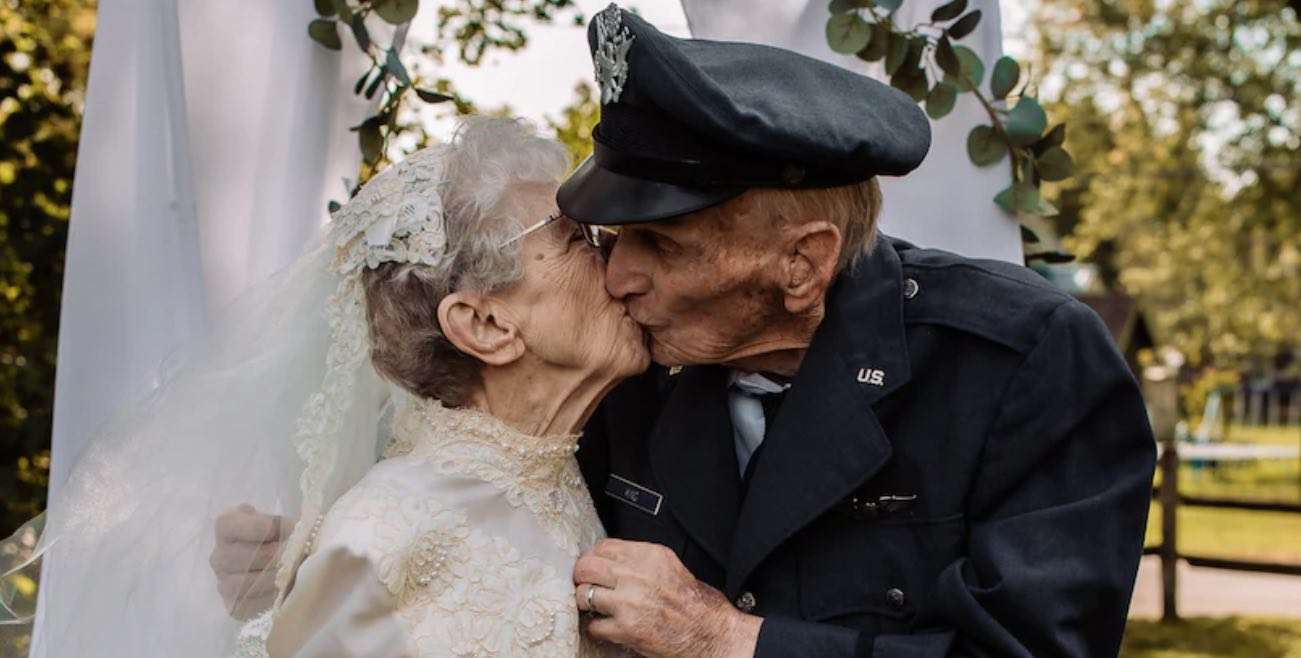Latest Science Shows How to Reduce Loneliness
A new study demonstrated that engaging in meaningful, challenging activities during free time can reduce people's loneliness and increase their positive feelings.

A new study demonstrated that engaging in meaningful, challenging activities during free time can reduce people's loneliness and increase their positive feelings.

Answers like "our family grew closer, I got to start working from home," and "life slowed down a bit," highlight Americans' brighter take.

Optimism may promote emotional well-being by limiting how often one experiences stressful situations, find Boston University researchers.

The traditional 9-to-5 work week has been replaced in many cases by hybrid hours that fit your needs-but at what cost, if you do too much work? But working a nontraditional schedule, and checking in during all hours of the day, night, and weekends, is not necessarily beneficial for the modern workforce, according to new […]

Researchers have published in Nature journal about how knowing a bit of personal info about neighborhood police reduces crime by 5-7%.
A replay of life: What happens in our brain when we die? Researchers have the answer and it's been published in Frontiers in Aging Neuroscience
The U.S. volunteers their time the most, while Indonesians give the most money to charities, and the Saudis support the elderly the most.
Researchers at the Max-Planck Institute investigate how our brains proceed from merely seeing a landscape to feeling its aesthetic impact.
In a busy world, better focus can make the difference in literally everything: the good news is that good focus can be easily trained.
An Otago University study on procrastination has found that it's all about not setting deadlines, if you're looking to get the best from people.
A trend has strengthened this year throughout Canada and the US, as generous patrons at coffee and sandwich shop drive-through windows spread anonymous kindness to fellow restaurant-goers by bankrolling their meals-- paying their orders before they even get to the window. Social scientists have conducted experiments demonstrating that the effect of a single act of kindness can in fact ripple through a social network, setting off chains of generosity.
Never underestimate the power of a makeover. This homeless veteran held a negative self-image of himself and suffered from alcoholism. Watch the transformation after he gets a haircut, shave and new clothes from the Degage Ministries. He suddenly can see some potential in his life -- and now he is making the changes needed to get back on track.
Another randomly positive billboard has popped up in Portland this week. The yellow sign towering above Sandy Blvd., at 35th street, declares, You are so freaking awesome.
From passing out lollipops to distributing free iced tea and hugs outside the library at finals, Happiness clubs on college campuses around the country are aiming to uplift their peers throughout the academic year.
A new set of studies by a diverse group of researchers from Harvard and Yale provides compelling data allowing us to analyze human nature through the clear lens of science. They show that our automatic impulse—our first instinct—is to act cooperatively, rather than selfishly.
From a cursory glance, with the recession sending thousands of unemployed millennials back to mom and dad's house, it would seem that anyone born within the last 20-odd years is in bad shape. But according to the results of a new study (and contrary to the opinion of anyone claiming that "the good old days" have come and gone), each new generation is happier than ones that came before it. What the heck do they have to be so smiley about?
Dozens of homeless Milwaukeeans are improving their self-esteem with professional portraits from Help-Portrait Milwaukee, a local branch of the global initiative that arranges for photography sessions to benefit those in need. Worldwide, more than 200,000 portraits have been taken by more than 16,000 volunteer photographers in 60 countries, according to the international organization.
They say a problem shared is a problem halved. Now a team of psychologists in the USA has performed a series of studies that suggest sharing your good news multiplies its benefits for your happiness and longer-term life satisfaction.
An expanding body of research suggests people's moral compasses are active far earlier than previously thought. Young children and even babies demonstrate attributes such as generosity, empathy and a sense of justice, indicating that far from being born as clean slates, humans seem to have innate altruistic tendencies and are able to make moral choices at a remarkably young age.
Psychologists are discovering why gratitude is so good for you, learning in many experiments that it is one of humanity's most powerful emotions. It makes you happier and can change your attitude about life, like an emotional reset button. Especially in hard times, like these.
Recent Stories
A Heartfelt Reminder to Appreciate the Ones We Love
Cherish the Woman Who Stands by You
Breaking Generational Cycles of Pain
Living by Your Own Values, Not Others' Approval
When Life Brings Rain, It’s Okay to Rest
Before You Judge Someone's Life, Take a Moment to Walk in Their Shoes.
A Friend Who Spreads Gossip is Not a True Friend at All
The Value of Human Connection Over Digital Convenience
The Quiet Kind of Love
One Day, Your Mom Won’t Call You Anymore
I’ve reached a point in my life...
Happiness is a mindset, a conscious choice we make every day